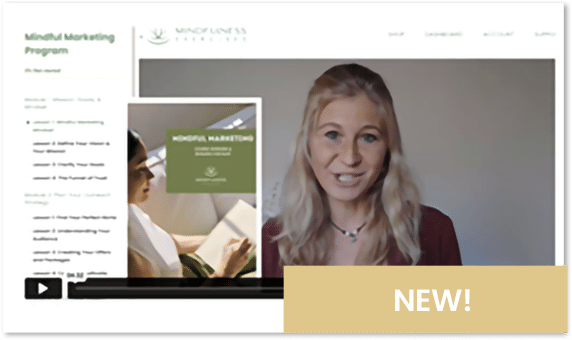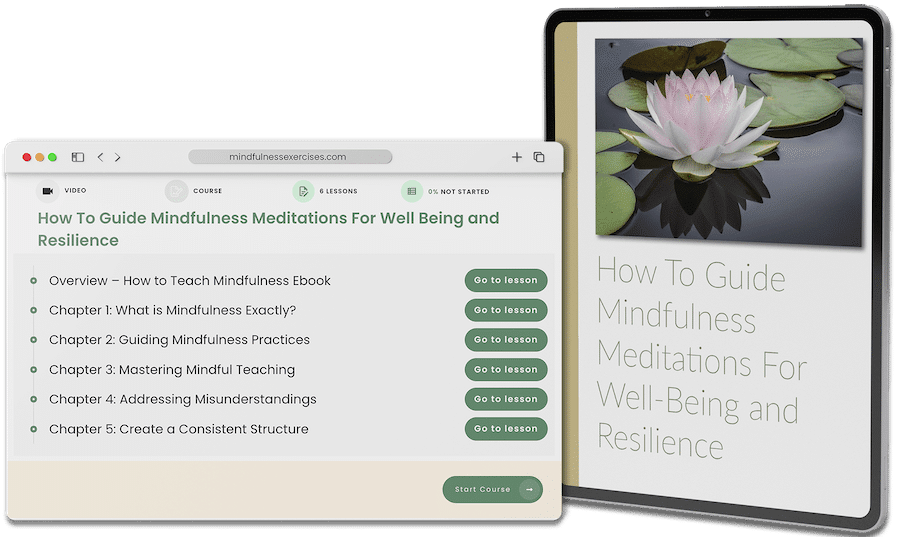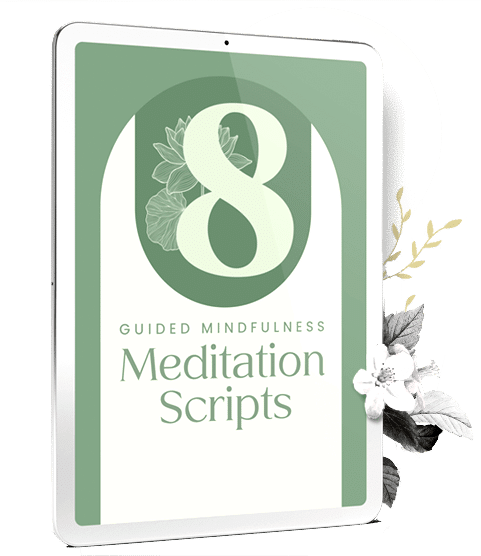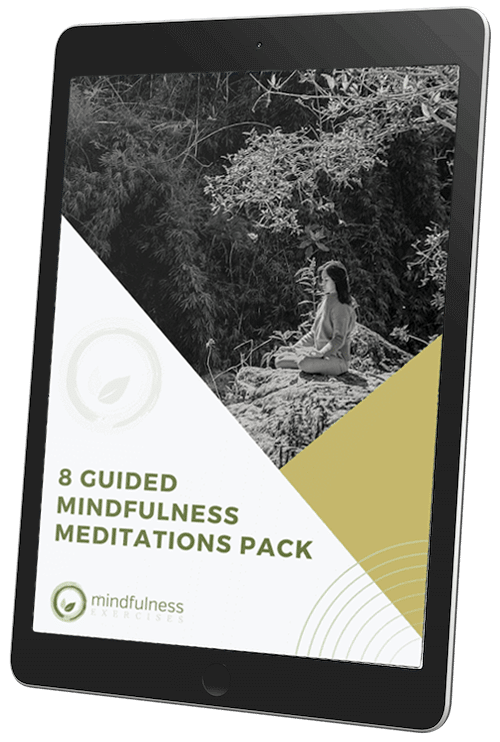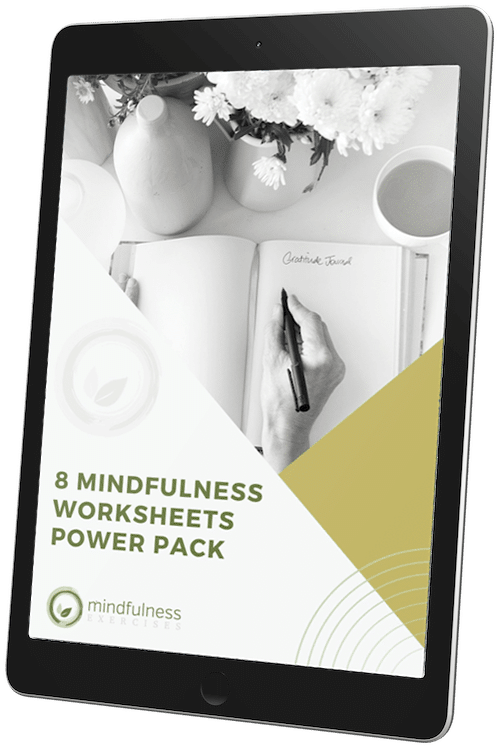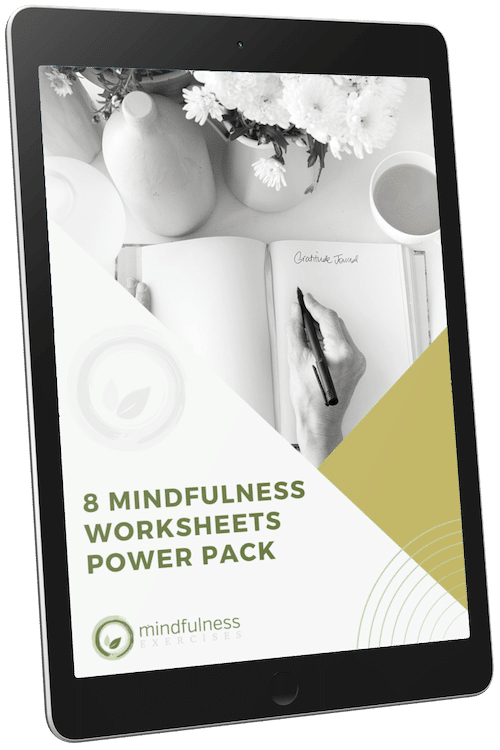Gratitude is the quality or feeling of being thankful or appreciative. Sometimes, it arises within us spontaneously. However, it is also a quality that we can cultivate, making an attitude of gratitude a trait we can develop.
But why bother with gratitude? To answer this question, it is worth first exploring gratitude’s opposite: ingratitude, or being ungrateful. There are many ways in which being ungrateful inhibits us. From fueling dissatisfaction to negatively impacting our relationships, ingratitude takes a toll.
Let’s dive in to better understand the impacts of being ungrateful, the importance of practicing gratitude, and how mindfulness can help.

Why is Ungratefulness Dangerous?
To understand the drawbacks of being ungrateful, we can consider the power of our thoughts. Ultimately, the quality of our thoughts impacts how we feel and how we relate to the world around us.
Ingratitude can create challenges in our life because it can:

What Causes Ungratefulness?
The root causes of ungratefulness are complex and vary from person to person. With that said, some factors that may contribute to ungratefulness include:
If we think ingratitude has been holding us back, we don’t need to ask ourselves: ‘Why am I ungrateful?’ This type of question can lead to self-blame or shame, which is not helpful. Instead, we can get inspired by the benefits of gratitude and then start fostering it. This process can be guided with motivational affirmations to stay hopeful and inspired along the way.
Why Work on Becoming Grateful?
There are a whole host of benefits to practicing gratitude. It can counter many of the challenges created by ingratitude - and more. Some of the benefits of gratitude include:
Well-researched benefits aside: gratitude just feels good. Consider a time you felt truly thankful. What was the state of your well-being at that moment? How did that experience of gratitude ripple out to those around you? Gratitude positively impacts not just our own well-being but also what we send out to the world.

How Mindfulness Can Help
But what does mindfulness have to do with gratitude? And how can mindfulness and meditation help you to cultivate an attitude of gratitude?
Mindfulness is about opening our awareness to the present moment – without judgment. Research suggests it can make us more likely to notice positive experiences. Since mindfulness also makes us more aware of our thoughts, it may help to illuminate any negativity bias that we hold. The more self-aware we become, the greater our ability to choose where we place our focus.
Gratitude meditation has also been found to increase feelings of gratitude. Also, the study referenced earlier found that expressing gratitude through letter writing can increase our sensitivity to feelings of gratitude for three months. Therefore, practicing gratitude doesn’t only feel good at the moment. It has a ripple effect that extends into the future.
How to Become More Grateful
So, where do you begin if you want to experience more gratitude? Though some may wonder how to stop being ungrateful, we don’t need to focus on ‘stopping’ anything. Instead let’s ask: How can we boost awareness of our blessings?
There are a wide range of practices that you can try for yourself to increase gratitude. From coming to your senses to formal meditation practice, you can begin cultivating gratitude right now. Consider the following practices as a place to start.
Tune Into Your Senses
Take a pause to come to your senses. Can you feel appreciation for the air moving through your lungs? For the roof above your head? For the sunlight filtering through your window? Identify the simple things at this moment that you are appreciative of.
Gratitude Meditation
Try a formal gratitude meditation, such as this one by Sean Fargo. If you have a regular meditation practice, consider adding a brief pause of thankfulness at the end of each practice.
Gratitude Letter Writing
Call to mind someone you are thankful for. Then, grab a pen and sheet of paper and write them a letter. Express why you feel gratitude for this person. Once you finish, deliver your letter to this person and notice how good it makes both of you feel.
Bedtime Blessings
Finally, as you wrap up your day, take a pause to count your blessings. All it takes is one minute to note five to ten beautiful things about the day now behind you.
Gratitude is a state of being that gives and gives. It nourishes us - as well as those around us. Sometimes it is easier than at other times - and that’s okay. Remember that gratitude practice is just that: a practice. The more you practice it, the more it will work its magic on the stickiness of being ungrateful.









